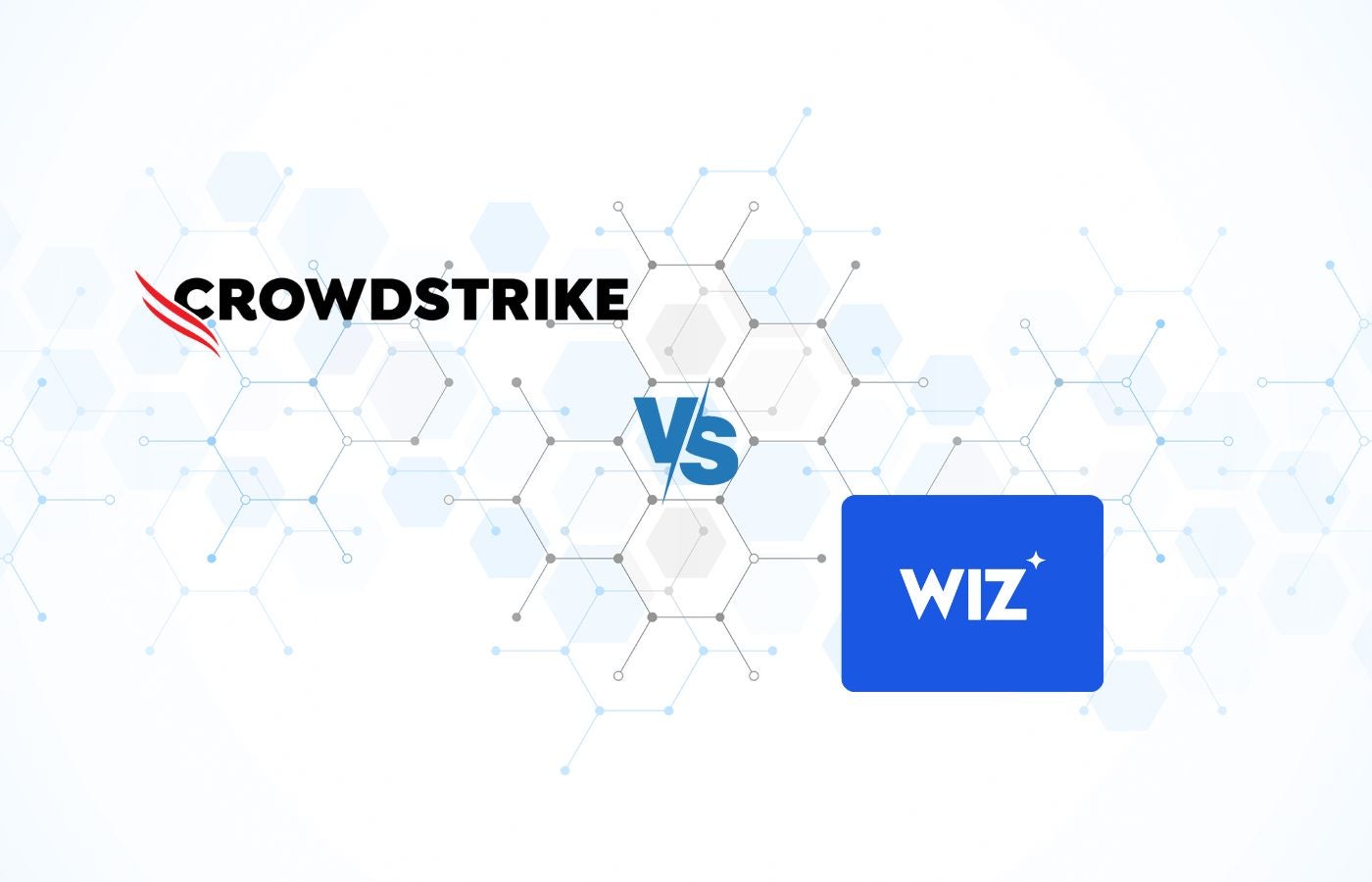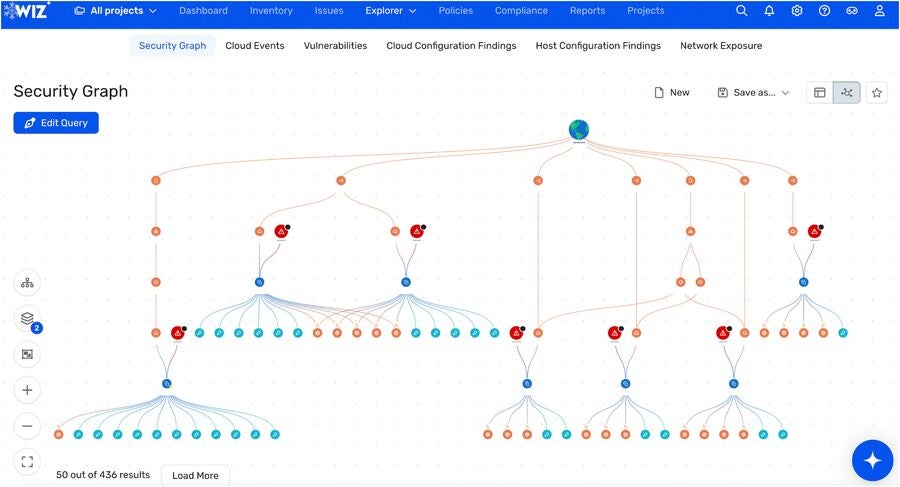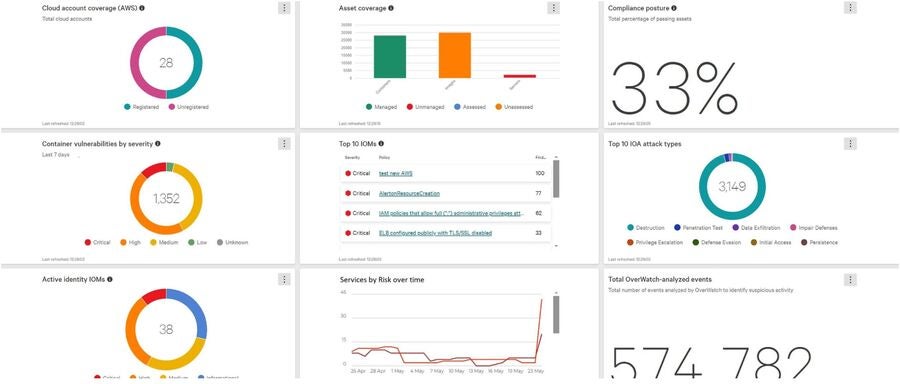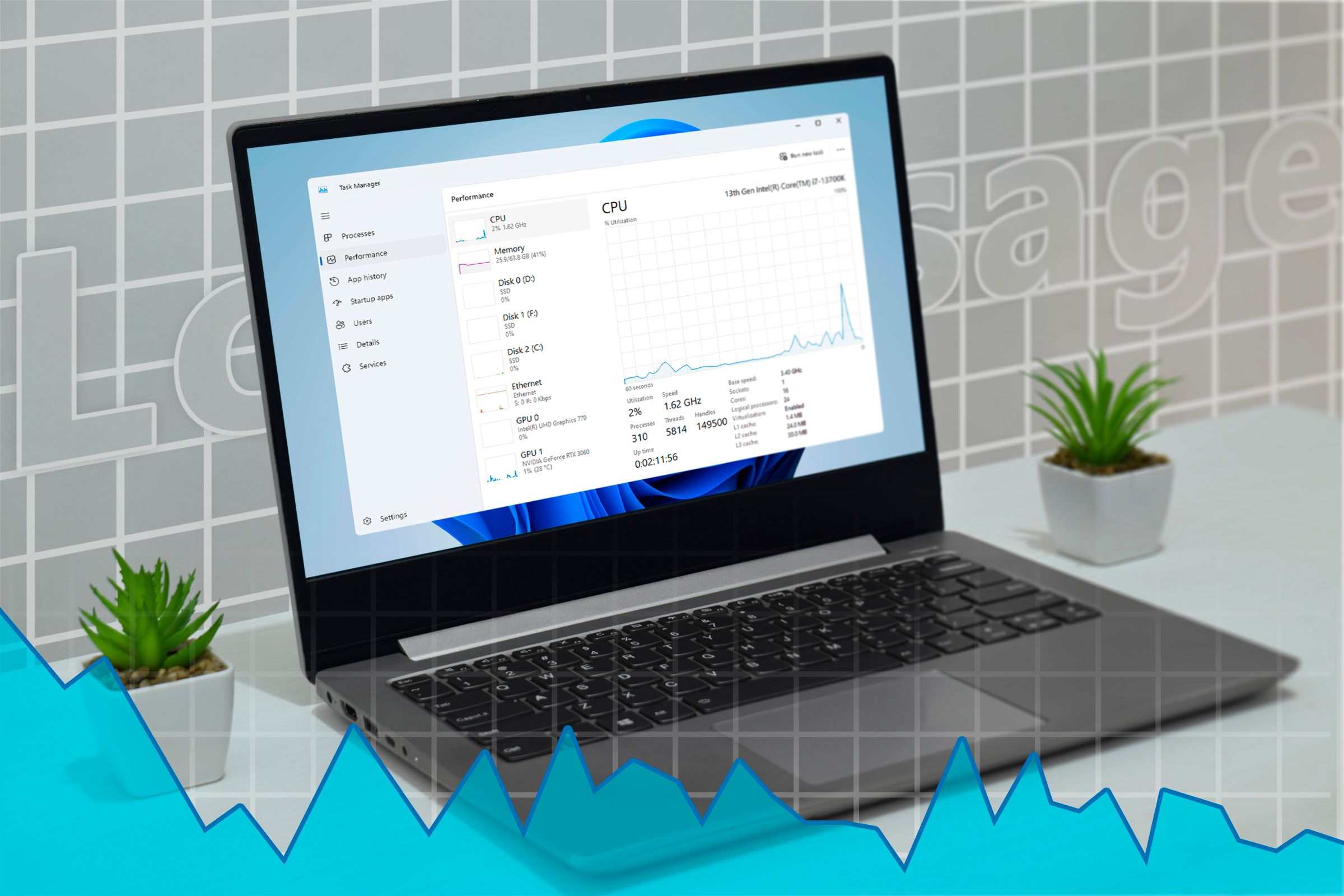Which Offers Better Cloud Security and Value?

CrowdStrike and Wiz are two security providers operating from vastly different positions. On one hand, CrowdStrike has been in the space since 2011 and has solidified itself as an industry leader in endpoint detection and response solutions.
Meanwhile, Wiz is a much younger cybersecurity startup founded in 2020 that aims to make a name for itself in the world of cloud security.
In this article, we examine how CrowdStrike and Wiz stack against each other to determine which one is best for you and your organization.
Semperis
Employees per Company Size
Micro (0-49), Small (50-249), Medium (250-999), Large (1,000-4,999), Enterprise (5,000+)
Large (1,000-4,999 Employees), Enterprise (5,000+ Employees)
Large, Enterprise
Features
Advanced Attacks Detection, Advanced Automation, Anywhere Recovery, and more
ESET PROTECT Advanced
Employees per Company Size
Micro (0-49), Small (50-249), Medium (250-999), Large (1,000-4,999), Enterprise (5,000+)
Any Company Size
Any Company Size
Features
Advanced Threat Defense, Full Disk Encryption , Modern Endpoint Protection, and more
ManageEngine Log360
Employees per Company Size
Micro (0-49), Small (50-249), Medium (250-999), Large (1,000-4,999), Enterprise (5,000+)
Micro (0-49 Employees), Small (50-249 Employees), Medium (250-999 Employees), Large (1,000-4,999 Employees), Enterprise (5,000+ Employees)
Micro, Small, Medium, Large, Enterprise
Features
Activity Monitoring, Blacklisting, Dashboard, and more
CrowdStrike vs Wiz: Comparison table
| Starting price | $59.99 per year (Falcon Go) |
Use their online portal for price quotations. |
| Cloud Native Application Protection Platform | Yes | Yes |
| Cloud Security Posture Management | Yes | Yes |
| Cloud Workload Protection | Yes | Yes |
| Agent-based or agentless | Unified agent and agentless | Agentless |
| Endpoint detection and response | Yes | No |
| Cloud detection and response | Yes | Yes |
CrowdStrike vs Wiz: Pricing
As a disclaimer, this article compares CrowdStrike and Wiz and their overall product offerings. While there is an emphasis on cloud security solutions, we aim to provide the general differences between the two providers as a whole.
CrowdStrike pricing
CrowdStrike offers several cybersecurity solutions that cater to different security requirements and business sizes.
Below is brief summary of pricing and feature differences for each:
- Falcon Go: $59.99 per year; next-generation antivirus, device control, and express support.
- Falcon Pro: $99.99 per device, billed annually; all Falcon Go features plus firewall management.
- Falcon Enterprise: $184.99 per device, billed annually; all Falcon Pro features plus EDR, threat hunting, and intelligence capabilities.
- Falcon Elite: Contact sales for pricing; all Falcon Enterprise features plus IT Hygiene and identity protection.
- CrowdStrike Cloud Security: Contact sales for a price quote; CSPM, ASPM, container security, and server threat graphs.
CrowdStrike offers free trials for most of the subscriptions listed above. I recommend checking out these trials for interested buyers to get a feel for CrowdStrike’s services and whether they fit your organization’s needs.
Wiz pricing

Wiz doesn’t provide a standard price for its cloud services. Instead, it offers one-to-one curated pricing depending on your organization’s current cloud workload and environment.
On their official website, Wiz has a price request portal that asks a few questions before providing the custom price quote. Below are some questions and details asked by Wiz:
- How many clouds are you using? (AWS, GCP, Azure, etc.)
- Providing name and work email address.
- Job title, company name, and phone number.
You can also get a personalized, 30-minute demo of Wiz’s software through their official website. Like the price request, this is accessible after providing a few details.
CrowdStrike vs Wiz: Feature comparison
Area of focus
While both in the cybersecurity space, CrowdStrike and Wiz take different approaches to the services they’re most known for.
On the one hand, Wiz primarily deals with cloud environments and securing cloud infrastructures. This is achieved through their Cloud Security Posture Management, Vulnerability Management, Infrastructure Entitlements Management, and Cloud Native Application Protection Platform consoles, among others.

On the flip side, CrowdStrike hovers more on endpoint security and is considered an industry leader with its EDR and XDR offerings. They also have managed detection and response, NGAV, and threat-hunting service options.
To be clear, CrowdStrike has a dedicated Falcon Cloud Security product that overlaps with Wiz’s offerings. This bundles together CSPM, CNAPP, and CIEM functionality into a unified console.

Despite these similarities, I think this is a good place to start in discerning which provider to go for. Are you looking for a solution that exclusively provides strong visibility and protection for your cloud infrastructure? In this case, Wiz may be the better choice.
Meanwhile, if you want a more comprehensive provider that offers both cloud and endpoint security tools, CrowdStrike should be your prime consideration.
Independent assessments
If we look into independent assessments, both CrowdStrike and Wiz are well-ranked among their competitors in the cloud space.
In the Forrester Wave’s Cloud Workload Security report for Q1 2024, CrowdStrike was named a Leader, while Wiz was recognized as a Strong Performer.
The report praised CrowdStrike for its CWS vision, robust container runtime protection, and strong agent-based CWP. Meanwhile, Wiz was highlighted as being a solid choice for organizations that “prioritize agentless CWP, need attack path visualization, but only minimal agent-based workload protections.”
One thing to note is this is Wiz’s first inclusion in a Forrester report. Despite only being four years old, I feel this shows how the company has already made a good impression on both end-users and independent evaluators alike.
For CrowdStrike’s part, their frequent presence at the top of third-party reports shows that they continue to be one of the most influential players in cybersecurity today.
Agent-based vs agentless
One main difference between the two is their choice regarding agent-based and agentless security.
CrowdStrike is known for its agent-based Falcon platform but has also introduced agentless security in recent years. Now, it positions its Falcon Cloud Security service as a “flexible” agent-based and agentless unified platform, aiming to bring the benefits of both systems in their software.
Meanwhile, Wiz’s CSPM platform is an agentless solution that prioritizes ease of deployment, low maintenance needs, and scalability.
CrowdStrike vs Wiz on Reddit
To round out this comparison, I explored online forums and communities like Reddit to see how CrowdStrike and Wiz fared with different users worldwide.
For both, user perception seems to be very positive. In the Cybersecurity Reddit community, one poster asked what other users’ experience was with Wiz and their cloud-based solutions.
One commenter in that thread said, “Wiz has been really effective for us. We went with it because it’s agentless, making deployment super quick and straightforward. It’s great at identifying vulnerabilities and misconfigurations, which is a huge help.”
“The interface is pretty solid, putting everything we need to see in one spot, and while it’s on the pricey side, the amount of work it saves us justifies the cost,” the commenter added.
On the other hand, recent conversations about CrowdStrike revolved around their involvement in a global IT outage back in July 2024. In that incident, a faulty CrowdStrike Falcon sensor update caused a massive IT disruption that impacted 8.5 million Windows devices worldwide. You can learn more about the CrowdStrike outage through our news article.
Despite this, many users continue to express their support for CrowdStrike. In another post within the Cybersecurity Reddit community, one user said this in response to being asked if they would continue to use CrowdStrike:
“CrowdStrike has always been a respectable brand with top-performing metrics. Every company has their hiccups. The real question is how they handle their mistakes. (IMO, they handled it great. There was a fix in less than 12 hours and an automation fix in 24). Some of my own security solutions with software breaking issues don’t even come close, and most of the time, I have to prove it’s their software for them to help,” the commenter said.
“The fact CrowdStrike gained so much attention in the media is a testament to how many customers they have,” the commenter added.
SEE: The Top 4 CrowdStrike Alternatives & Competitors in 2024 (TechRepublic)
CrowdStrike pros and cons

Pros of CrowdStrike
- Agent-based and agentless solution.
- Deep cloud visibility.
- Also offers EDR and XDR.
Cons of CrowdStrike
- Involvement in July 2024 IT outage.
Wiz pros and cons

Pros of Wiz
- Full focus on cloud infrastructure security.
- Completely agentless.
- Straightforward deployment and intuitive UI.
Cons of Wiz
- Fewer options in terms of other security solutions.
Should your business use CrowdStrike or Wiz?
Both CrowdStrike and Wiz are quality choices when it comes to securing your organization’s cloud infrastructure. That being said, there are differences between the two that may sway your decision to one over the other.
If you’re looking for a provider with years of industry experience, strong real-time threat response, and an agent-based platform, CrowdStrike Falcon Cloud Security should be your pick. It’s also the better choice if your business is looking for additional security services, particularly in endpoint security.
On the other hand, if you prefer investing in a newer cybersecurity provider that emphasizes solely on cloud security, Wiz is the better option. It’s also the clear choice if you want a fully agentless solution and if your business isn’t keen on working with CrowdStrike following the July 2024 outage.
SEE: Everything You Need to Know about the Malvertising Cybersecurity Threat (TechRepublic Premium)
Methodology
My comparison of CrowdStrike and Wiz involved doing a head-to-head comparison of their software offerings, features, and overall value.
In particular, I considered key differences between the two cloud providers, such as their area of focus, independent assessments, and choice between agent-based or agentless security. Research on the providers included an extensive review of official product documentation, available demos, and advertised use cases for each product.
In addition, real user feedback and verified third-party reviews were also considered to round out the final recommendations.
Source link











